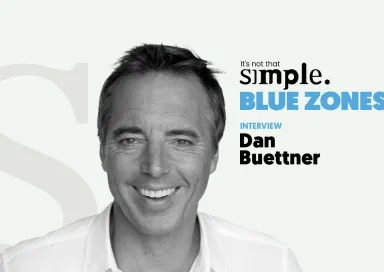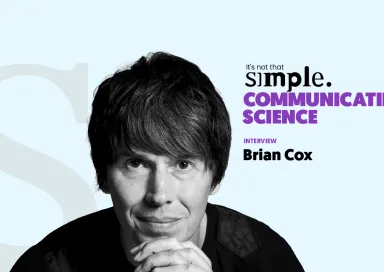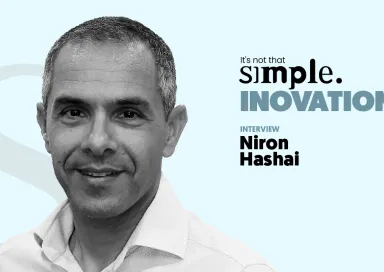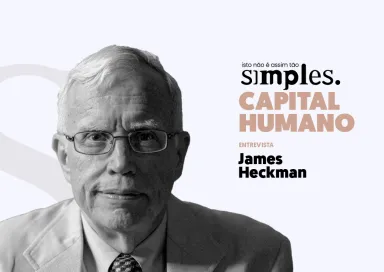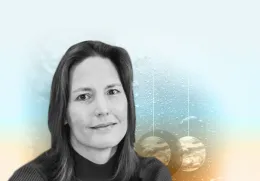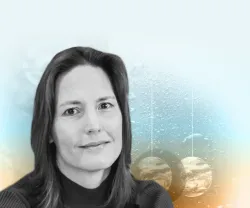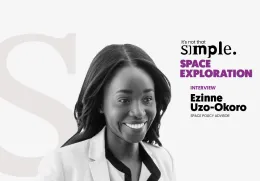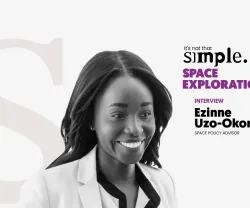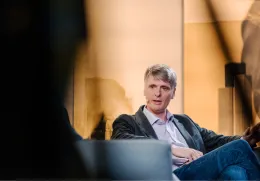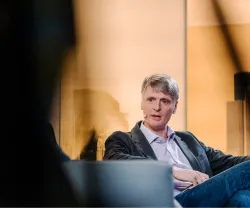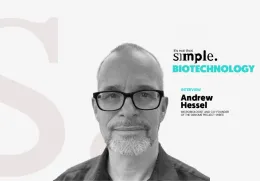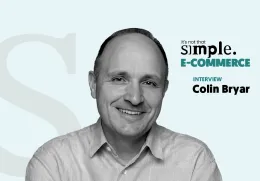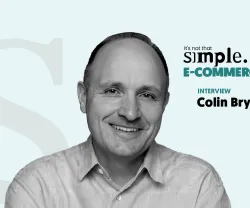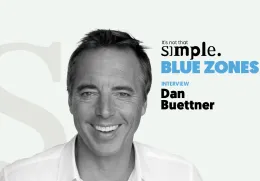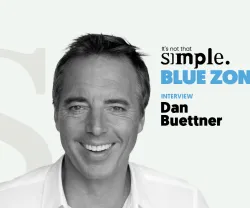What if a single mistake by the European Central Bank could send Europe into a recession? Ricardo Reis, one of the most awarded Portuguese economists of his generation, dismantles the myths around inflation and shows why keeping it under control is a delicate art - with inevitable costs.
Inflation is the name we give to the loss of value of the euro in relation to the goods and services we buy. But is it really that simple to understand everything this concept implies and how it impacts our lives? In this episode of It’s Not That Simple, Ricardo Reis, Professor of Economics at the London School of Economics, dismantles the idea that this variable can be easily controlled - especially when political decisions, public expectations, and global shocks intersect.
«Inflation is the change in the value of units in a spreadsheet», he explains, and the one editing that spreadsheet is the European Central Bank (ECB), adjusting interest rates daily. By making it more or less attractive to hold euros or convert them into real goods, the ECB directly influences the balance between consumption, investment, and prices.
The economist shows that inflation is not just a symptom of poor decisions - it reflects economic cycles, unexpected shocks, and the way citizens anticipate the future. «If we expect inflation, we buy goods before prices go up. And that behaviour, in itself, causes inflation», he argues.
In this conversation, Ricardo Reis reminds that the pandemic and the war in Ukraine were two major tests for monetary policy. In 2020, central banks feared deflation and lowered interest rates. In 2021, people spent more than expected - and inflation surged. When the second shock hit - the war - expectations were already unanchored. «It was this accumulated error that made 2022 inflation more persistent».
The response - raising rates - worked. «Inflation fell without unemployment rising, but it would have dropped faster if there had been a recession». That’s the dilemma that Reis knows well, because he is also an academic consultant to the Bank of England, the Riksbank and the Federal Reserve Bank of Richmond.
And now? The worst is behind us, but expectations have changed. The trust in the ECB is no longer what it once was.
Beyond that, the tariffs imposed by the US on imported goods are the next test, according to the professor - something already highlighted in his weekly columns for Expresso. «They’ll generate domestic inflation and a recession», but the risk is global, as they trigger trade wars and could force Europe to retaliate. Could the result be a recession in Europe, as well?
61

Big issues, big names in a new programme dedicated to interviews with international personalities from the world of politics, economics and society. These conversations with special guests, conducted by journalist Pedro Pinto, aim to simplify and help demystify some of today's most important issues. Every month, on the Foundation's website.


